Naznin Nasir
Biography
Naznin is a PhD student in the Department of Geography at Durham University. She joined the programme in Fall 2018. Prior to coming to Durham she was coordinating the migration programme of the International Centre for Climate Change and Development (ICCCAD). She holds a masters in Environment and Sustainability from the University of Western Ontario, Canada, and also holds masters and bachelors degrees in International Relations from the University of Dhaka. Naznin’s previous work focuses on climate change induced migration, sustainable development and political economy of clean energy development. She also has over ten years of experience of working as a broadcast journalist for some of the leading TV channels in Bangladesh. Naznin’s PhD work will be at the intersection of climate change, migration and international development. Currently, she is concentrating on finalising her PhD research proposal.

Research:
Climate Change Adaptation Policy and Flood Hazard in Bangladesh
Bangladesh is one of the most vulnerable countries in the world to the impacts of climate change, especially when it comes to flood hazards, which the country already experiences regularly. Climate change can affect a range of factors that influence flooding including the intensity, frequency and size of floods. Climate also affects the timing of monsoon rainfall in the summer, which threatens food production and people’s livelihoods. In order to prevent or reduce the impact of flooding on communities, new policies need to be enacted that manage flooding and help people adapt.
For his MSc research, Jahed assessed existing national water policy in Bangladesh along with the links between its water policy and climate change strategies to prevent future floods. He examined methods to help make communities more resilient to flooding by including in policy ways to lower the probability of flooding and reduce damages. Substantial increases in flooding in Bangladesh caused by climate change has made it one of the most frequently cited countries in reports on climate change from international organisations, such as the Intergovernmental Panel on Climate Change.
Jahed is researching what impacts climate change adaptation policy in Bangladesh will have on the most vulnerable people living in the country, namely the poor. He is interviewing experts, NGO representatives, government officials and local communities about climate change adaptation. This research has large implications for how Bangladesh can develop suitable policies that address both the needs of government and the communities they must support in adapting to environmental hazards caused by a changing climate.
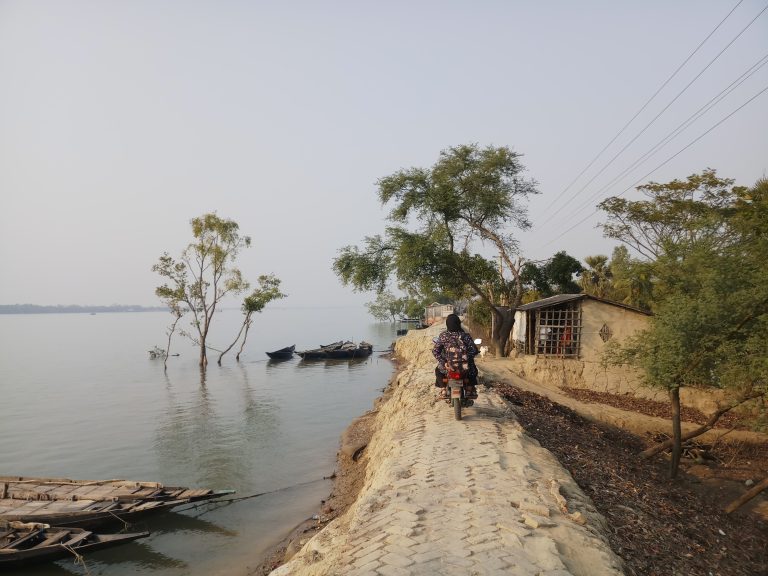
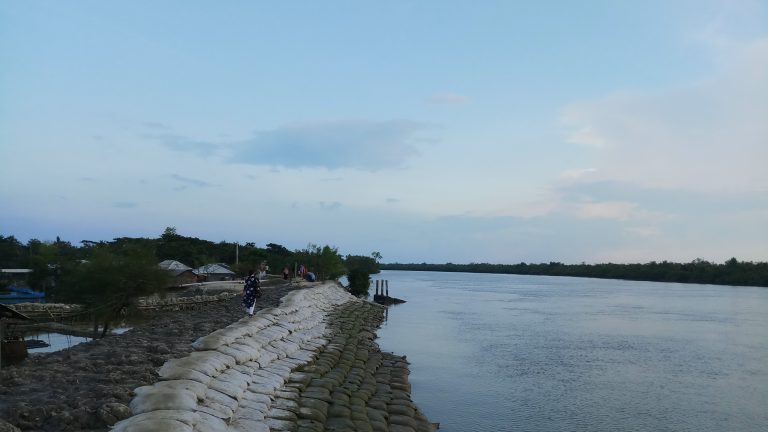
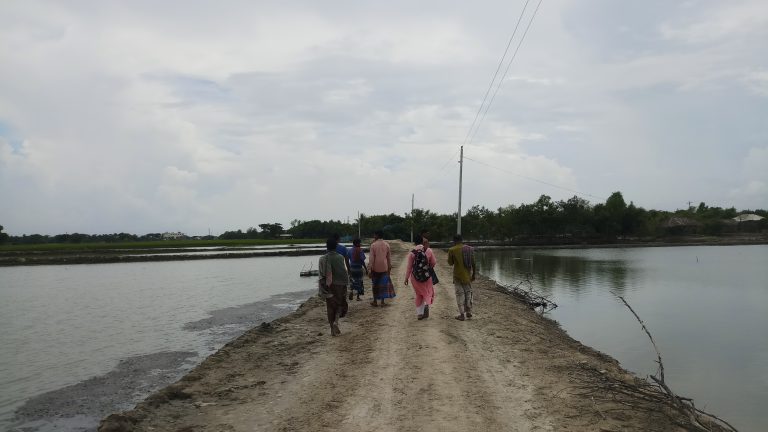
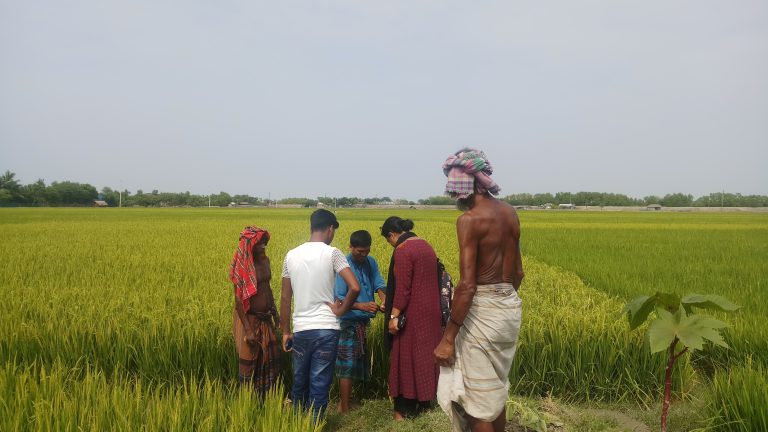
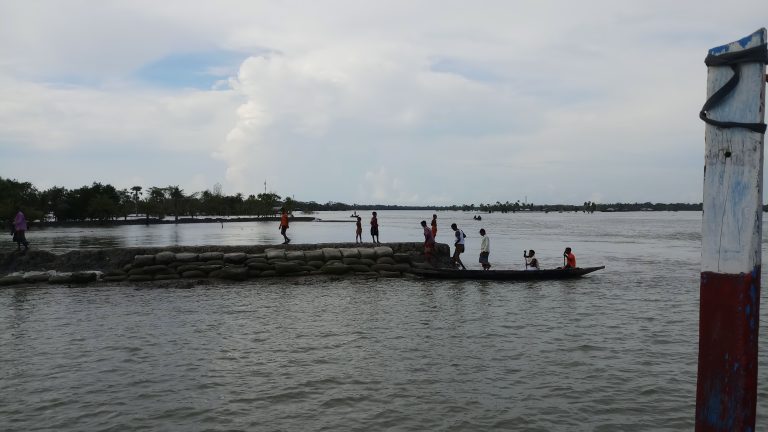
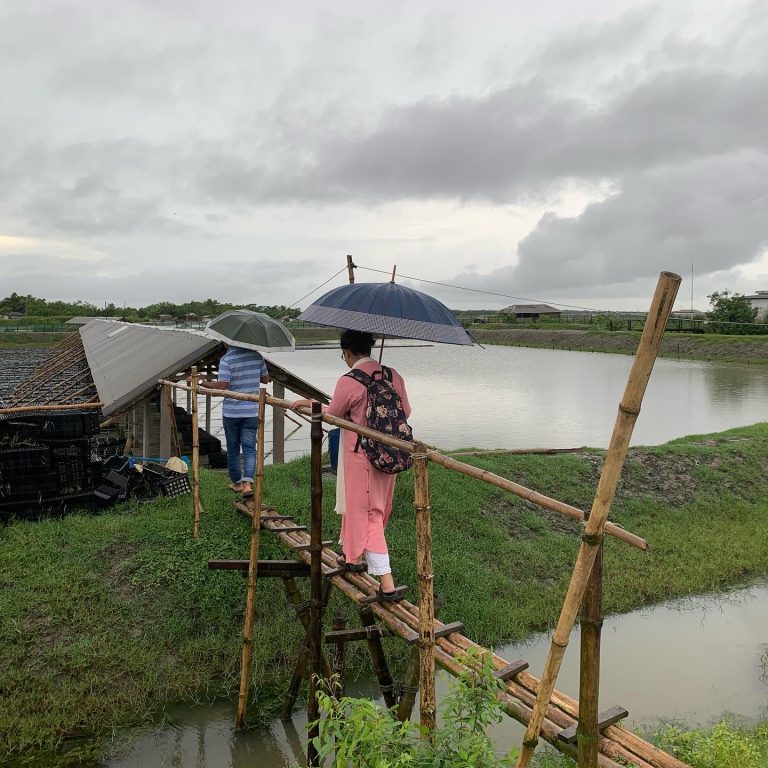
Publications
Journal Papers and Book Chapters
• Nasir, N., Hossain, R., Huq, S. (2018). Post Paris long-term climate capacity: The role of Universities. Accepted for publication in the book titled “Institutional Capacity for Climate Change Response: A new approach to climate politics”, Theresa Scavenius and Steve Rayner (Eds.), Routledge EarthScan.
• Nasir, N., Mostafa, M., Rahman, M.F., Huq, S. (2018). Why capacity building needs to do justice to the Global South? Accepted for publication in the book titled “Climate Futures: Re-imagining Global Climate Justice”, Bhavnani, K.-K., Foran, J., Kurian, P.A, Munshi, D. (Eds.), University of California Press.
• Haque, S., Nasir, N., Rahman, M.F., Huq, S. (2018). Sustainable development in Bangladesh: Bridging the gap between SDGs and climate actions. Manuscript accepted for publication in the book titled “Sustainable Development: Asia-Pacific Perspective”, Cambridge University Press.
• Sharif, I., Nasir, N., Khanom, R., Khan, A.S.M. (2017). Climate change adaptation policies in Bangladesh: Gap analysis through a gender lens. BRAC University Journal of Humanities and Social Sciences, 11(2).
• Taub, J., Nasir, N., Rahman, M.F., Huq, S (2016). From Paris to Marrakech: Global politics around loss and damage. India Quarterly, 72 (4), 1-13.
Reports
• Nasir, N., M.F. Rahman, Huq, S., Ogallah, S. (2017). Financing adaptation in the least developed countries. Toward Implementation: The 2017 AdaptationWatch Report, Chapter 4, 22-28. Adams, K., Falzon, D. (Eds.), AdaptationWatch. https://static1.squarespace.com/static/56410412e4b09d10c39ce64f/t/5a007300ec212d8b19923 99f/1509978912514/AdaptationWatch2017+-+Toward+Implementation.pdf
• Nasir, N., Mostafa, M., Haque, S., Rahman, M.F., Huq, S. (2017). Renewable energy development in Bangladesh: Drivers, barriers and political economy factors. Report submitted to UNDP, Bangkok.
• Nasir, N., Sharif, I, Khan, M., Khanom, R., Khan, M.R.U, Rahman, F. (2015). A rapid assessment on affects of cyclone Komen in Teknaf, Kutubdia and Moheshkhali area. Report submitted to BRAC by the Centre for Climate Change and Environmental Research, BRAC University.
Magazine and Newspaper Articles
• Nasir, N., Huq, S. (2016) Stop sending climate consultants to poor countries- Invest in universities instead. Foundation article published in the Conversation, 03 October. http://theconversation.com/stop-sending-climate-consultants-to-poor-countries-invest-in- universities-instead-65135
• Nasir, N., Rahman, M.F. (2016) Adapting to climate change: Lessons from Colombo. Dhaka Tribune, 29 October. http://www.dhakatribune.com/climate-change/2016/10/29/adapting- climate- change-lessons-colombo/
• S. Huq, Nasir, N. (2016). Can we count on the GCF? Dhaka Tribune, 21 December. http://www.dhakatribune.com/opinion/op-ed/2016/12/21/can-count-gcf/
Policy Briefs
• Haque, S., Nasir, N. (2017). Bridging Climate Action and Sustainable Development Goals in Bangladesh. Citizen’s Platform Brief, No. 6, August, Citizen’s Platform for SDGs, Bangladesh. http://bdplatform4sdgs.net/wp-content/uploads/2017/01/Citizen%E2%80%99s-Platform-Brief-6- Bridging-Climate-Action-and-Sustainable-Development-Goals-in-Bangladesh.pdf
Presentations
• Nasir, N. (2018). Is migration a pathway out of poverty? A case study from selected informal settlements in Dhaka. Abstract accepted for oral presentation at the Adaptation Futures 2018 Conference, 18-21 June, Cape Town, South Africa.
• Nasir, N. (2017). Building long-term climate capacity: Universities are the key. Oral presentation at the 2017 Water Security and Climate Change Conference, 18-21 September, Koln, Germany.
